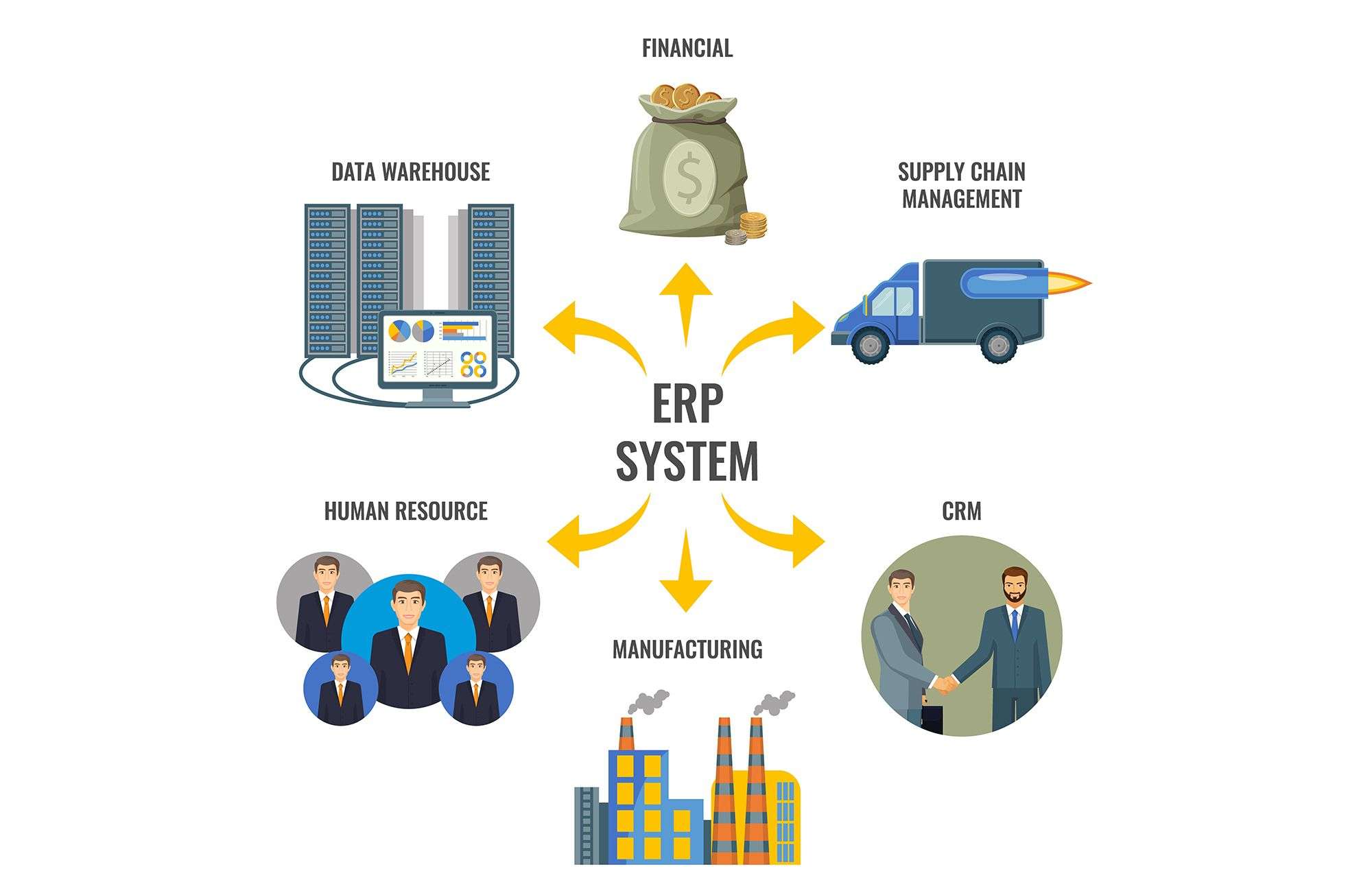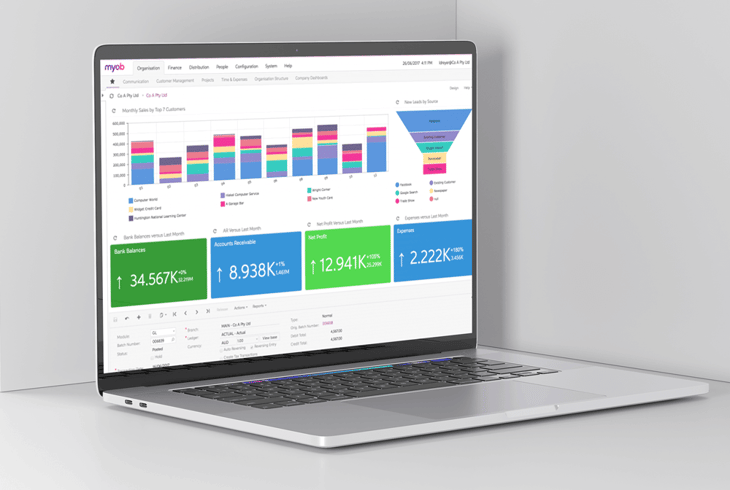Skip to content
Effectively managing leads, contacts, opportunities, and customer accounts is imperative if you plan on having a successful, thriving business. Knowing what is happening during each step of the sales cycle (marketing, quoting, sales, delivery and post-sales support) requires a standardised customer management system that the entire organisation can use.
Chances are, if the sales team, the finance team, and anyone else in the business who touches their customers is not using a CRM tool, they’re using some other tool or it’s completely manual. Do they have workflow associated with leads and opportunities or is it random? It doesn’t haven’t to be like this!
As a business grows, there’s always a need to standardise the system and have operational guidelines in place. If not, growth is restricted at worst and at best manual processes spring up and management don’t see the underlying tasks required to manage your most important asset – your customers!
A CRM system will track the customer journey, from lead to deal. But it also needs to seamlessly connect with your cloud ERP solution. Why? Here are three solid reasons:

The benefits of an integrated Cloud CRM and ERP system include increased productivity, better decision making, increased profits, and most importantly, happy customers. So, how do you choose the perfect CRM software for you and your business? You should consider one that comes part and parcel with a leading cloud ERP solution such as MYOB Advanced which features an integrated Customer Relationship Management suite. One of the unique aspects of the MYOB Advanced CRM solution is it is fully embedded as part of the entire Cloud ERP. You do not have disconnected information in two separate places. Further it provides the ability to have a complete view of all your customer’s information within a single database in a single user interface. It means that everybody has access to the same information, whether that is somebody in marketing, sales, customer support, or finance.
MYOB Advanced CRM is a valuable tool that offers a team approach to sales and service and includes a Customer Self-Service Portal and the CRM Add-In for Microsoft Outlook, which works with incoming and outgoing email in Outlook, allowing users to:
• Search for existing leads, contacts, and employees in CRM
• One-click access to an existing contact
• Create new leads and contacts right from your inbox
• Create opportunities and cases associated with existing contacts
• Log activity and attach email contents to CRM
A current project is in place where Cloud Factory are migrating the User from Hubspot CRM and an On-premises ERP to a single solution linked to the HubSpot CMS and Google Analytics. The result is a single data repository with a single interface managed by user access and permissions enabling a single dashboard design element across the team. “We no longer have to sign into disparate systems to look up key information and ensure synchronisations were successful” was the deciding factor!
Investing in a CRM system and integrating with your ERP (or choosing one that is already built within an ERP solution, as per MYOB Advanced) promises to deliver some major benefits with 80% – 90% of customer projects most suited to this deployment. Of course, there are valid reasons as opposed to emotional reasons for selecting different solutions which feature even greater functionality and that is why Cloud Factory run evaluation workshops to compare Microsoft Dynamics 365 Business Central with CRM versus the MYOB Advanced suite.
Contact Cloud Factory to discuss your digital transformation project.

